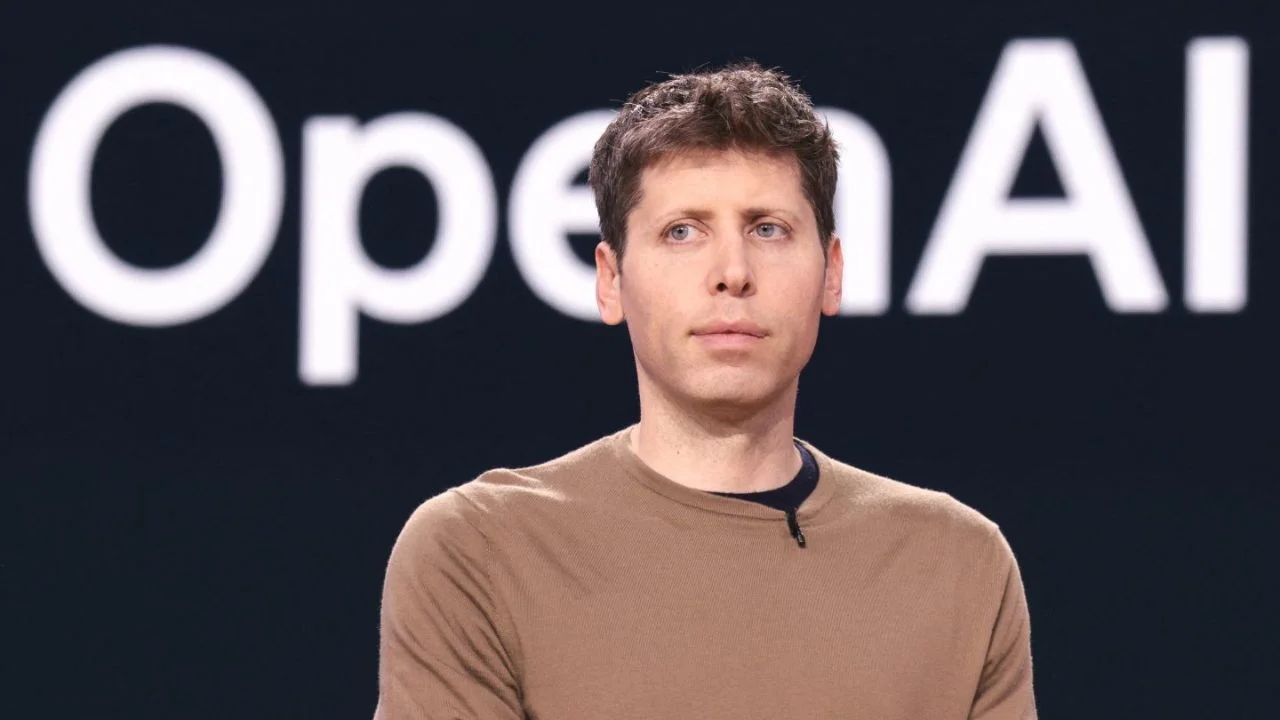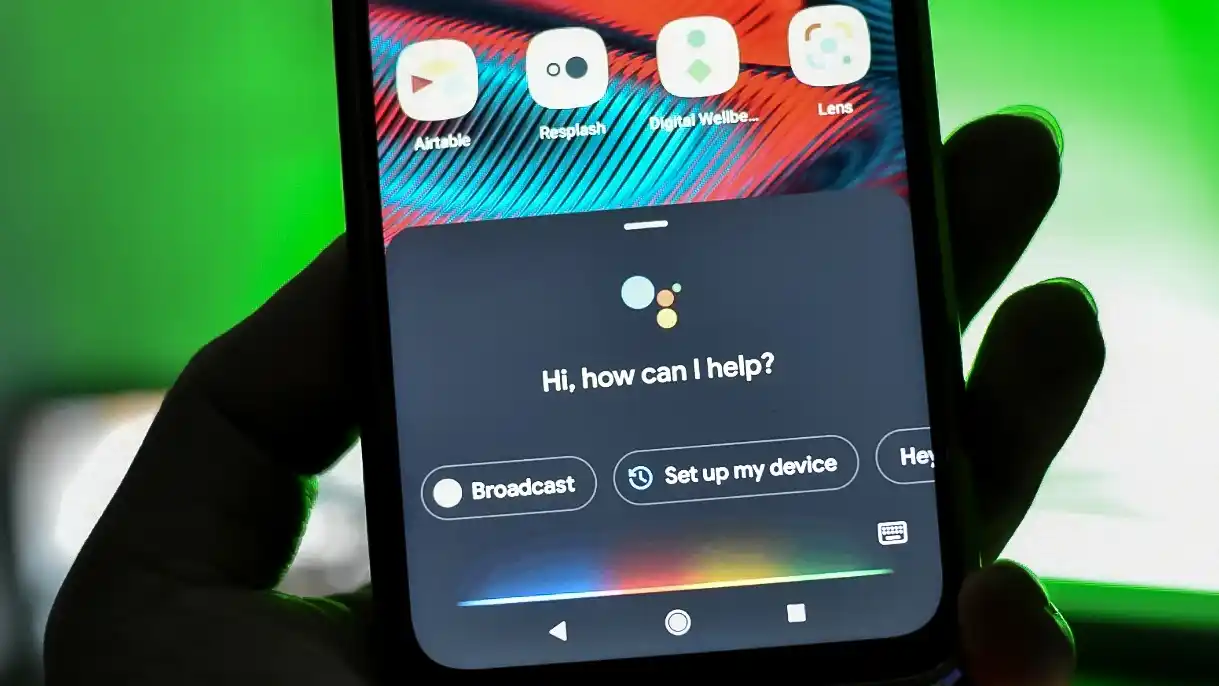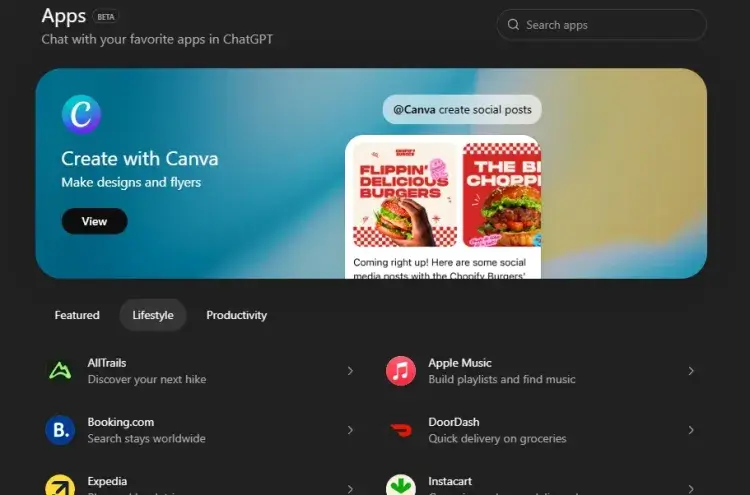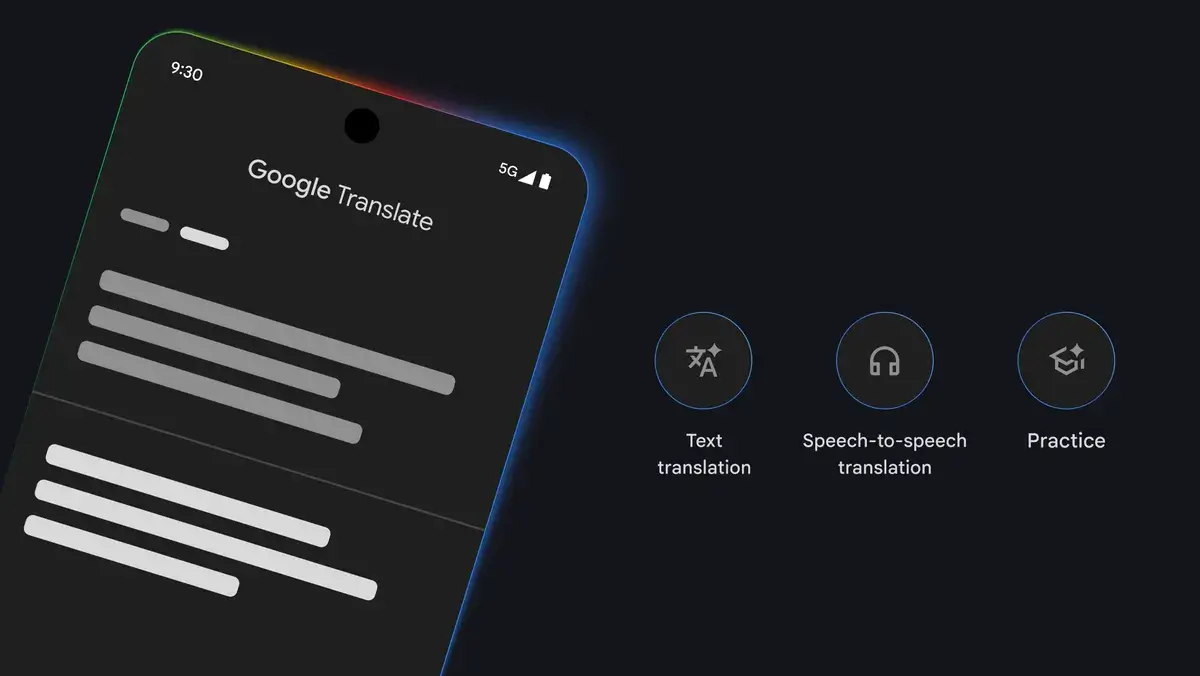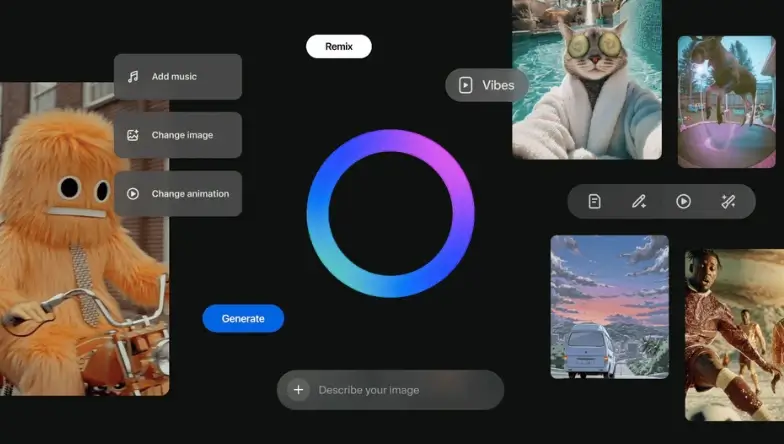Anthropic Claude chatbot gains memory feature for Pro Max users
Control what your assistant recalls to maximize focus.
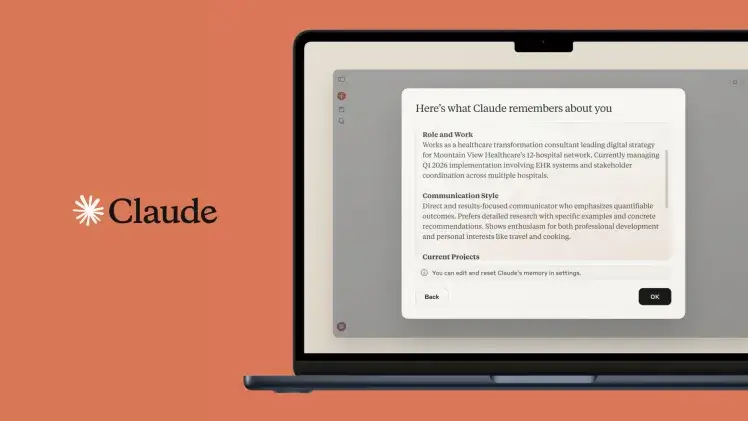
Anthropic’s Claude chatbot is getting a memory upgrade that could change how users interact with AI. The feature, rolling out for Pro and Max subscribers, lets Claude automatically remember past conversations without being prompted, bringing a new level of continuity to user interactions. Max subscribers can enable the memory today, while Pro users will see the rollout over the coming days. This memory function builds on what Team and Enterprise users have already been enjoying since September, allowing Claude to retain conversation details in a transparent, manageable way.
Unlike vague summaries that leave users guessing, Claude’s memory shows exactly what it remembers. You can edit or toggle specific memories through natural conversation, telling Claude to focus on relevant points or erase outdated information entirely. Users can also create distinct memory spaces to prevent crossover between different projects or chat topics. For professionals managing multiple clients or personal and work-related interactions, this ability to compartmentalize memories could save time and reduce errors.
This update positions Claude closer to rivals like ChatGPT and Gemini, which have memory functions that automatically retain past conversations. While Claude only gained explicit memory abilities this August, it now offers a smoother experience that reduces friction and encourages loyalty. Users can even import memories from other platforms via copy-and-paste and export them anytime, meaning there’s no lock-in. This approach gives users control over what the chatbot remembers and ensures continuity across sessions.
The memory function isn’t just about convenience—it can fundamentally change workflow. For instance, project notes, recurring tasks, or follow-up reminders can all be stored in Claude without starting fresh every session. Agentic systems and professional chatbots increasingly rely on persistent memory to simulate a more human-like understanding, helping users build context-rich interactions. By allowing selective recall, Claude balances utility with privacy, giving users confidence in how their data is used.
However, memory in chatbots is not without concerns. Experts caution that persistent recall can sometimes amplify errors, reinforce biases, or, in rare cases, fuel what’s referred to as “AI psychosis,” where the model perpetuates delusional or inaccurate responses. Anthropic is aware of these risks and is emphasizing transparency and user control as safeguards against such issues. Users can see what Claude remembers, adjust it, or erase memories entirely, helping mitigate potential pitfalls.
By introducing memory to Pro and Max subscribers, Anthropic is betting on retention and smarter interactions. Continuous conversations reduce the cognitive load on users, allowing them to pick up where they left off. This could make Claude a more attractive choice for professionals, students, and anyone relying on AI to manage multiple threads of information. The feature demonstrates how AI can act as an intelligent assistant that adapts to user needs while still keeping humans in the driver’s seat.
For those exploring how AI can become a reliable productivity partner, Claude’s memory upgrade is worth watching. It merges continuity with control, offering a more cohesive, intuitive, and flexible experience. If you want to stay on top of projects, track recurring tasks, or maintain seamless personal and professional interactions, enabling Claude’s memory feature could be a first step toward smarter, more efficient AI collaboration.
You may like recent updates...
Subscribe & Get Free Starter Pack
Subscribe and get 3 of our most templates and see the difference they make in your productivity.
Free Starter-Pack
Includes: Task Manager, Goal Tracker & AI Prompt Starter Pack
We respect your privacy. No spam, unsubscribe anytime.


